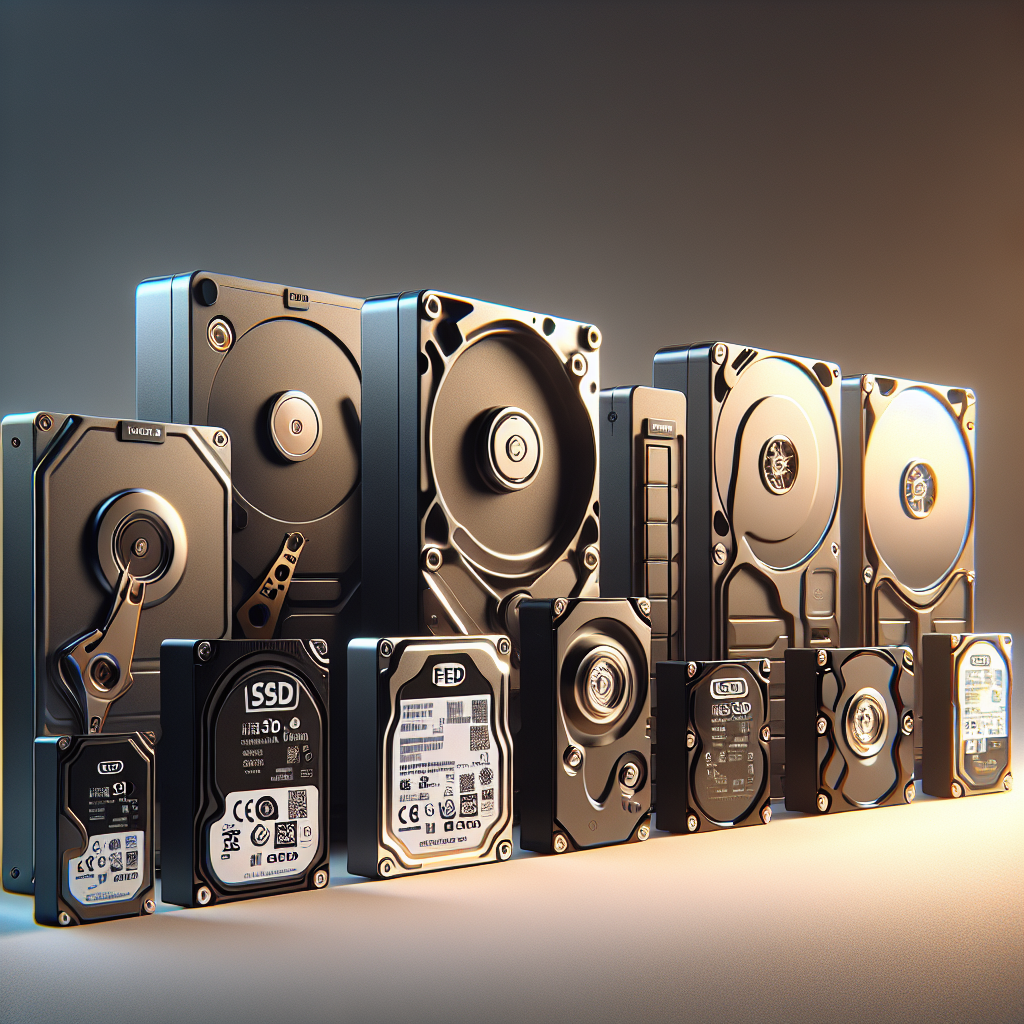Comparing Different Types of Hard Disk Drives: Which One is Right for You?
When it comes to choosing a hard disk drive (HDD) for your computer, there are several options to consider. Each type of HDD has its own set of advantages and disadvantages, so it’s important to understand the differences between them before making a decision. In this article, we’ll compare different types of HDDs to help you determine which one is right for you.
Traditional Hard Disk Drives (HDDs)
Traditional HDDs are the most common type of storage device used in computers today. They consist of one or more spinning platters that store data magnetically. The platters are read and written to by a moving arm with a read/write head.
Pros:
– Relatively inexpensive
– Available in a wide range of storage capacities
– Can be easily upgraded or replaced
Cons:
– Slower read/write speeds compared to solid-state drives (SSDs)
– More susceptible to physical damage due to moving parts
Solid-State Drives (SSDs)
SSDs are a newer type of storage device that use flash memory to store data. Unlike traditional HDDs, SSDs have no moving parts, which makes them more durable and faster.
Pros:
– Faster read/write speeds compared to HDDs
– More durable and less susceptible to physical damage
– Quieter and more energy-efficient
Cons:
– Generally more expensive than HDDs
– Limited storage capacities compared to HDDs
Hybrid Hard Disk Drives (HHDs)
Hybrid HDDs combine the best of both worlds by incorporating a small amount of flash memory into a traditional HDD. This allows for faster access to frequently used files while still providing the high storage capacities of HDDs.
Pros:
– Faster performance compared to traditional HDDs
– More affordable than SSDs
– Larger storage capacities than SSDs
Cons:
– Not as fast as pure SSDs
– Limited flash memory capacity
Which One is Right for You?
Ultimately, the best type of HDD for you will depend on your specific needs and budget. If you’re looking for a cost-effective storage solution with high capacities, a traditional HDD may be the way to go. If speed and durability are more important to you, an SSD might be the better choice. And if you want a balance of performance and storage capacity, a hybrid HDD could be the perfect option.
In conclusion, each type of HDD has its own strengths and weaknesses, so it’s important to carefully consider your needs before making a decision. By weighing the pros and cons of each type of HDD, you can choose the one that best fits your requirements and budget.


